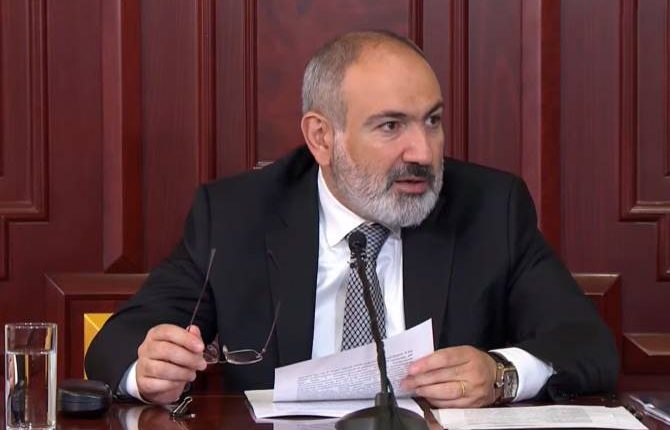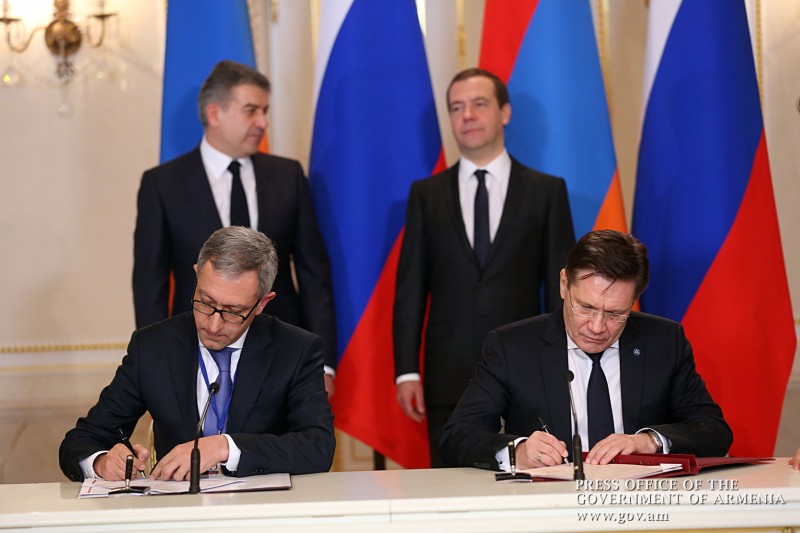YEREVAN — Prime Minister Nikol Pashinyan has revealed the moment in 2020 when he realized that the only possible option for ending hostilities was to compromise. Speaking at the parliamentary select committee investigating the causes and course of the 2020 Second Karabakh War, Pashinyan emphasized the crucial role played by the fall of Shushi in the signing of the trilateral statement on November 9, 2020.
According to Pashinyan, the significance of Shushi went beyond symbolism; it held strategic importance. After the fall of Shushi, Stepanakert would become the target, putting increased pressure on Martuni and posing a risk of approximately 25,000 Armenian troops being besieged.
Pashinyan explained that the ceasefire agreement on November 9, 2020, was the fifth attempt to end the war. The first conversation regarding this matter took place on October 7, when Pashinyan called Russian President Vladimir Putin on his birthday. Putin attached importance to Pashinyan’s willingness to compromise and expressed his desire to mediate for a swift end to hostilities.
“I agreed and asked Putin about the conditions for ending the hostilities. Our understanding was that the hostilities had to cease without preconditions, with both sides stopping at their current positions. Subsequently, negotiations would determine the compromises agreed upon by the parties. I found this option acceptable. Later that day, I had a second phone call with President Putin, who informed me that he had spoken with the President of Azerbaijan. However, the Azerbaijani President expressed his unwillingness to agree to a ceasefire, meaning he did not accept the establishment of a ceasefire,” Pashinyan stated.
President Putin informed Pashinyan that he would speak with the Azerbaijani President again the next day.
The following day, Putin relayed to Pashinyan that Azerbaijan had a precondition for a ceasefire: they expected the surrender of Fizuli without a fight, and Armenian forces were required to retreat from the Araks River to the Khuda Aferin reservoir, allowing the reservoir to remain under Azerbaijani control for irrigation purposes. Additionally, Azerbaijan aimed to repatriate Guliyev and Askerov, two convicts serving prison terms in Nagorno Karabakh for kidnapping and murder, and was considering the option of prisoner exchange.
“Moreover, this would not declare an end to hostilities, but rather a humanitarian ceasefire for the burial of the dead, without any condition or obligation to refrain from resuming fighting afterward. I voiced my disagreement with these preconditions because the Russian President and I had agreed on establishing a ceasefire without preconditions. Furthermore, even if I were to agree to the withdrawal of troops, there was no guarantee that Azerbaijan would not continue its offensive during the retreat. Nevertheless, I showed some flexibility. I proposed the possibility of joint use of water from the Khuda Afering reservoir, suggesting that Nagorno Karabakh could not obstruct Azerbaijani access to the reservoir. I also suggested discussing the condition for the return of Askerov and Guliyev if Azerbaijan specified how many Armenian captives it was prepared to return with Russian mediation. However, I found the precondition of surrendering Fizuli without a fight along the banks of the Araks River unacceptable. On the other hand, I fully accepted the proposal for a humanitarian ceasefire to bury the deceased,” Pashinyan explained.
Putin told Pashinyan on October 9 that Azerbaijan was ready to establish a ceasefire starting on October 9-10. The foreign ministers of the two sides were invited to Moscow for discussions, and the exchange of captives and bodies of the dead was also supposed to be discussed. Pashinyan said he agreed to the offer.
Subsequently, the Kremlin published a statement, and a statement was issued after the foreign ministerial meeting. Following this statement, Pashinyan ordered the military to maintain the ceasefire. However, after brief pauses, Azerbaijan launched a more intense attack, bombarding the territory of the former NKAO, including Stepanakert, Martakert, and assaulting Hadrut.
“Of course, the troops were ordered to take every necessary action to stop the Azerbaijani attack, but simultaneously diplomatic efforts were underway to establish a ceasefire based on the Moscow document. The deployment of Russian military observers on both sides of the line of contact for monitoring the situation was being considered. However, Azerbaijan consistently avoided such a solution and intensified its military operations,” Pashinyan said.
The Armenian PM mentioned that he had several conversations with Putin in the following days on how to achieve a ceasefire.
“Analyzing the situation in our internal discussions, my conclusion was the following: Azerbaijan would not agree to a ceasefire until its advance was thwarted. This was essentially the balanced scenario for ending the hostilities. I realized that if such a scenario was impossible, and the situation on the battlefield was not optimistic, the only viable option was a compromised ceasefire. Other alternatives were not realistic because days had passed since the rather balanced ceasefire statement, yet it was impossible to establish a ceasefire,” Pashinyan said.










